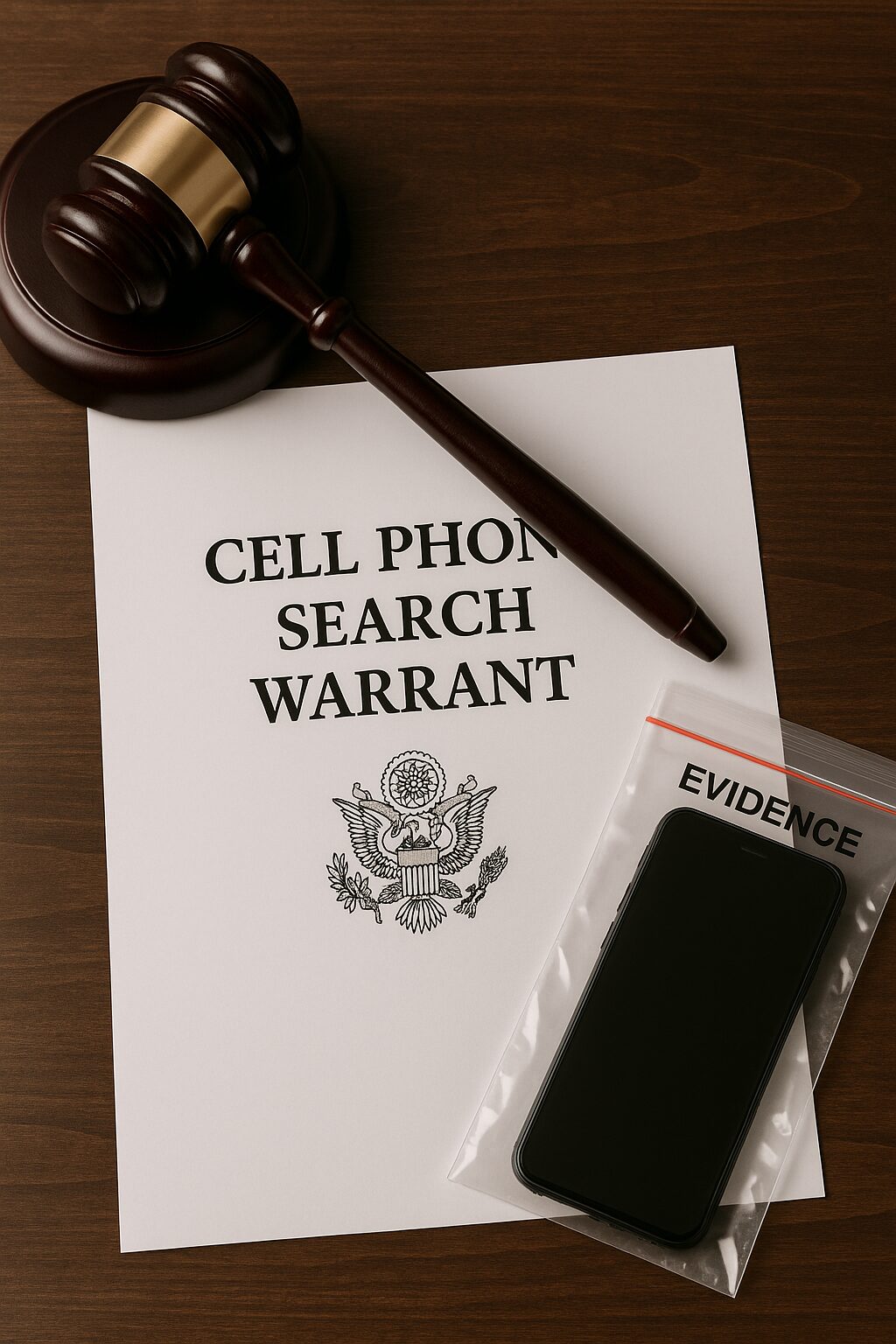Most modern investigations beyond a patrol level stop involve some form of digital evidence: Cell phone searches, cell provider data, social media data, “cloud” based surveillance video, and more.
That’s why it is so pertinent that California law enforcement are aware of the requirements for using that evidence outlined in Cal ECPA (1546 PC) and understand how to comply with those requirements – to ensure the evidence we work so hard to gather can’t be suppressed.



